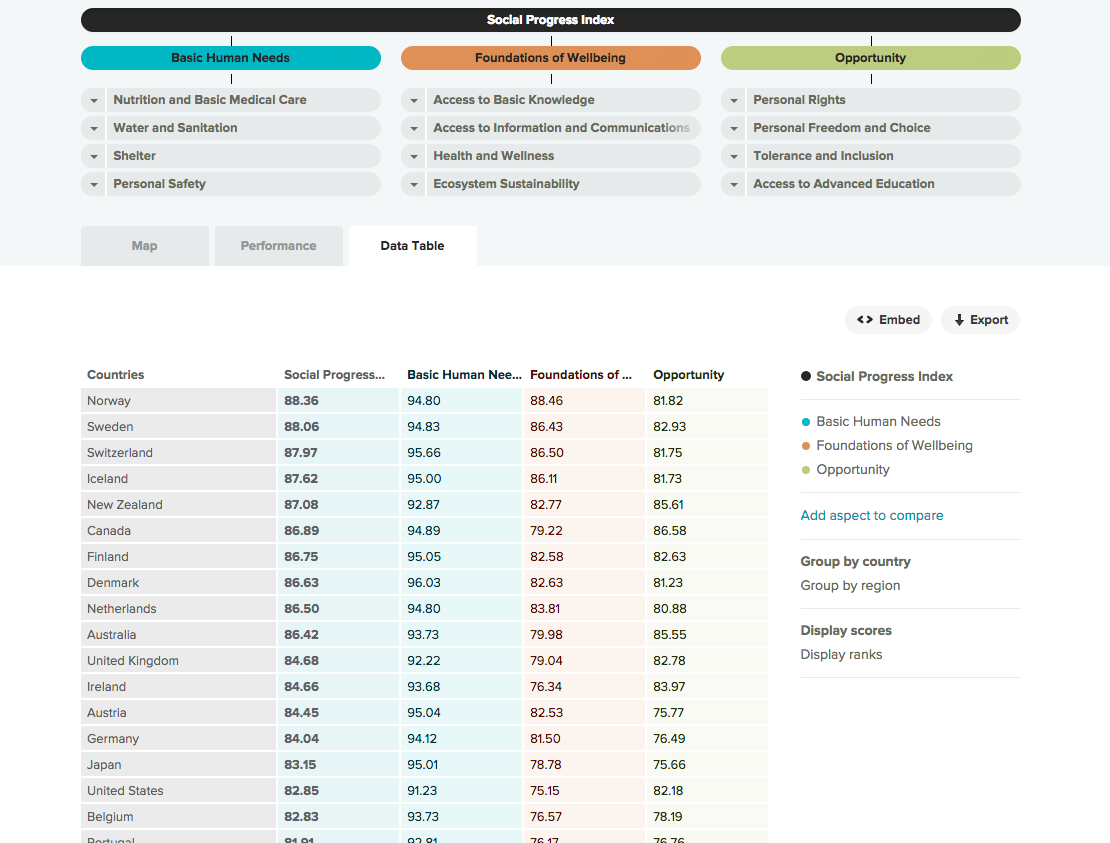'Microsoft forceert Windows 10'
Redditor zegt dat Microsoft nu de ‘automatische updates’ ongevraagd aanzet op Windows 7. Ook nadat hij die optie op ‘uit’ had gezet. Vermoedelijk om Windows 10 binnen te loodsen. Moet nog geverifieerd worden.
NAVO tegen IS
‘Dit was een daad van oorlog,’ zei president Hollande. Welnu, dan moet de rest van de NAVO te hulp schieten ingevolge Artikel 5 van het verdrag. Concludeert columnist Roger Cohen in de NY Times. Niet een beetje schieten vanuit de lucht op steden in IS-gebied, nee, soldaten op de grond. Nederlandse, Belgische, Engelse, Franse etc. Gewoon de oorlog verklaren aan IS. Dat maakt niet een einde aan terrorisme. Maar het is wel de enige manier om de barbaarse IS te bestrijden.
Ian McEwan vanuit Parijs
‘De doodscultus koos de stad goed uit – Parijs, de mondaine wereldhoofdstad, zo gastvrij, divers en verleidelijk als een metropool kan zijn. De doodscultus koos zijn doelwitten met lugubere precisie. Alles waar ze van walgen: mannen en vrouwen gemoedelijk samen, wijn, vrije debatten, gelach, tolerantie, muziek – wilde en satirische rock ‘n roll en blues. De cultisten kwamen bewapend met beestachtig nihilisme en een haat die boven ons bevattingsvermogen ligt.’ McEwan woont tijdelijk in Parijs en zat vrijdagavond met zijn vrouw in een restaurant te eten. Ook lezenswaardig een bijdrage van historicus Simon Schama, maar achter de betaalmuur van de FT.
Sociale Vooruitgang Index

Hoe meet je welvaart? Velen hebben al geprobeerd die vraag te beantwoorden. Michael Porter van Harvard Business School, in samenwerking met andere profs, heeft misschien wel de meest uitgebreide manier van meten ontwikkeld. Kijk naar rubrieken als ‘Basisbehoeften,’ ‘Grondslagen van welbevinden,’ en ‘Ontplooiingkansen.’ Met daaronder weer subcategoriën. De lijst is uiteindelijk niet verrassend. Nederland staat negende, ver voor de VS (16de) maar achter IJsland (4). Etc. Porter’s conclusies over zijn eigen land, de VS, zijn ook weer verklarend voor de populariteit van Bernie Sanders.
Is altruisme Darwiniaans?
Dit is niet nieuw. Maar ik vind het interessant en wist het nog niet. Uit Richard Dawkins’ ‘The God Delusion’ (2006): ‘We hebben nu vier goede Darwiniaanse redenen waarom mensen altruistisch, vrijgevig, of ‘moreel’ handelen jegens anderen. Genetische verwantschap is een duidelijke motivatie, maar die is logischerwijs niet op de hele wereld van toepassing. Twee is praktische wederkerigheid: terugbetalen van een gunst, of een gunst verlenen in de hoop op terugbetaling later. Daaruit vloeit een derde voort: het is Darwiniaans gunstig om te worden beschouwd als vrijgevig en goedgezind. En als vierde: zichtbare vrijgevigheid heeft als bijkomend voordeel dat het onvervalsbare, authentieke reclame voor je persoon is.’
De Blik van De Bicker

Vrijdag 13 nov.: Luchtkwaliteit overal ter wereld, wifi in de stoep, de SMS-paraplu. Iedere vrijdag 16:30 in ‘Z in Zaken’ op RTL-Z.
Wifi in de stoep

Waarom hebben wij dat niet? Wifi in stoeptegels in Cheshire, proefstad voor Virgin Mobile.
Darmen helpen kankertherapie
… of niet. Experiment op muizen suggereert dat de microben in de darmen mede bepalen of een bepaalde kankerbehandeling – ‘checkpoint remmers’ die het immuunsysteem stimuleren om de kankercellen te bestrijden – succesvol is. Nog niet duidelijk wat er dan precies moet veranderen in de microben, of hoe je dat teweeg zou moeten brengen.
20,8 miljard 'dingen' op internet
Volgend jaar 6,4 miljard stuks, 30% meer dan dit jaar; in 2020 zal het ‘Internet of Things’ 20,8 miljard ‘things’ omvatten. Dat zijn dingen die technologie bevatten (sensoren, zenders) die communicatie met de buitenwereld mogelijk maken. Dat loopt uiteen van containerschepen met tracking via operatiekamers tot broodroosters en auto’s. Voorspelt Gartner adviesgroep.
Waarom Bernie Sanders terrein wint
Linkse website Alternet zet nog eens op een rijtje waarom zo veel Amerikanen zich bekocht voelen en zouden stemmen voor Sanders. Het minimumloon is onvoldoende om van te leven, de rijken worden rijker en het belastingsysteem bevoordeelt ze, de politiek wordt gegijzeld door donaties van grote bedrijven die tweederde van alle donaties storten. Grote banken worden groter, de VS heeft de meeste kinderen die in armoede opgroeien van de hele OESO.
